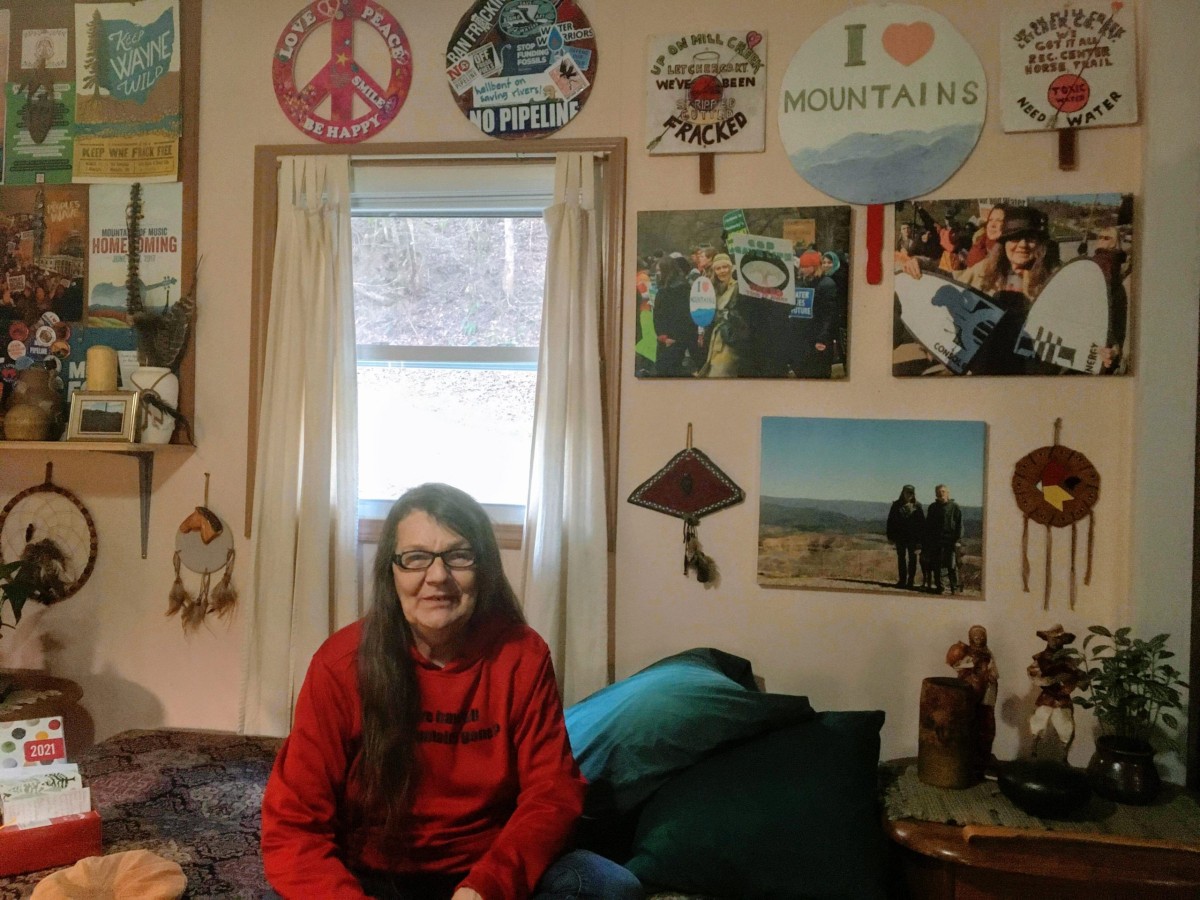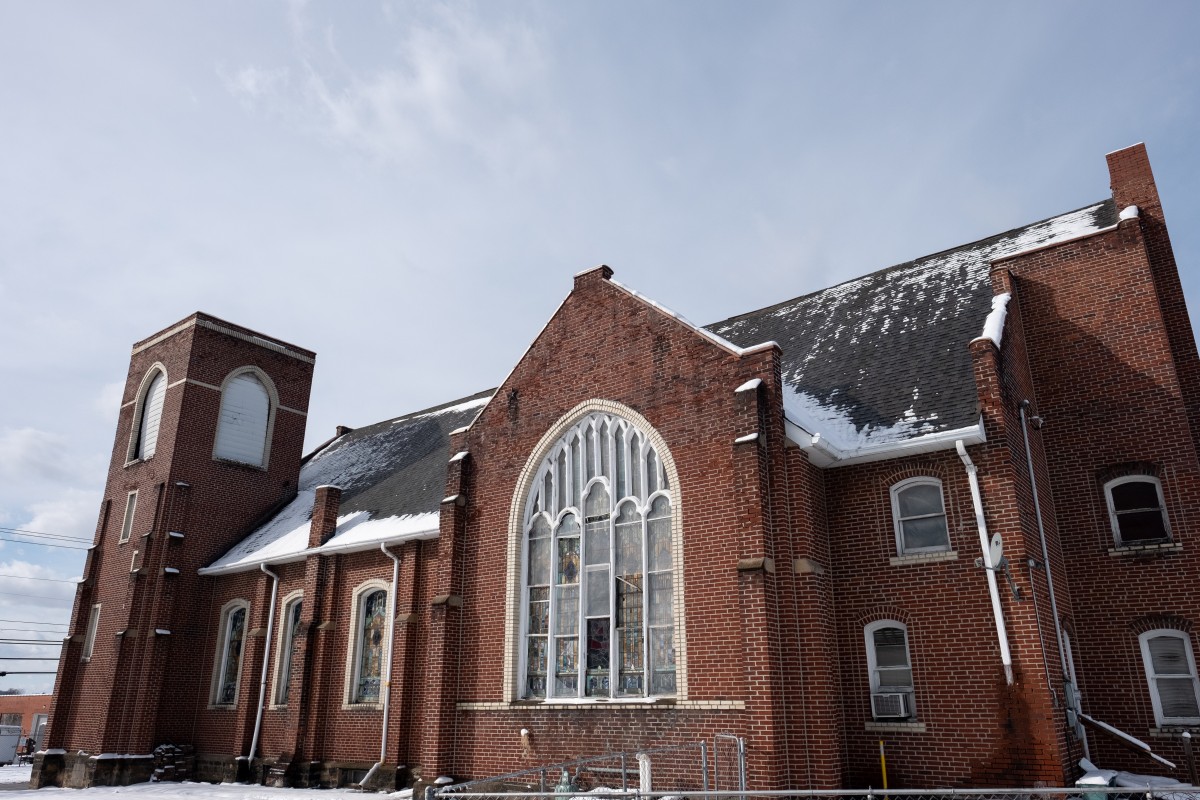In school growing up, it wasn’t uncommon to learn about what made each of our 50 states unique, and I was no exception: Florida is known for its beaches. Wisconsin is known for cheese. Kentucky is known for fried chicken.
What is West Virginia known for? Anyone who lives here might assume the mountains and wildlife, but if you ask anyone outside of West Virginia, the most common stereotypes include that all West Virginians are hillbillies, toothless, addicted to drugs, incompetent and obese. It doesn’t help that said stereotypes are exaggerated in the media, which gives a false sense of what it is honestly like to live in West Virginia.
As a young person growing up and living in West Virginia, I used to want to go to a college out of state and never look back because I was tired of being associated with the negativity. Now, I realize that abandoning my state is counterproductive to the progress I hope to see West Virginia make.
How can I expect West Virginia to progress and not attempt to be a part of the solution?
Stereotypes have consequences. Being constantly seen in a negative light drives our youth to move away as soon as possible, and it inhibits tourists from wanting to visit. No one wants to be in an area where they do not feel comfortable, and the negative connotations surrounding West Virginia do not inspire feelings of comfort, safety, or welcome.
The catch is that stereotypes are rooted in some form of truth, even if it isn’t the whole story. West Virginia is first in the nation in obesity, cardiovascular disease and poor overall health . We currently stand second in rates of diabetes. West Virginia’s public school system is ranked 47 in the country based on quality and safety. As of 2018, the state had 42.4 deaths related to opioid overdose per 100,000 people, the highest rate of any state.
But rather than addressing the systemic roots of any of these problems, which would both defy stereotypes and create a more sustainable West Virginia for young people to stay in and build from, too often, the entire state gets dismissed as less deserving, less important, and less worthy of resources. It rarely gets acknowledged that all these stereotypes are actually structural crises.
Stereotypes go beyond the community, too. There are countless examples of Appalachia being represented in a negative light within the media. The most infamous portrayal of Appalachia is the book and later movie ”Hillbilly Elegy” by J.D. Vance. In it, Vance perpetuated stereotypes and created a false narrative as an outsider and a person with privilege. My experience growing up is nothing like “Hillbilly Elegy,” and I can say that it isn’t the experience for many West Virginians.
I am so adamant about dismantling these unfair and harmful stereotypes because they are seriously harming West Virginia. People, especially people of my generation, are moving away because they do not want to be associated with redneckery. In ”West Virginia’s Lost Youth: Appalachian Stereotypes and Residential Preferences,” George Towers asked students at a few high schools to participate in a survey of their thoughts about West Virginia. The survey found that “seventy-eight percent of 18- to 34-year-olds believe that negative stereotypes hurt the state’s ability to attract business investment, and 64 percent think that unfavorable imagery not only diminishes West Virginians’ self-esteem but also limits their collective ability to address issues facing the state.”
When asked if they were planning to live in West Virginia after college, 52 percent said they were planning to leave after receiving their degrees, while 32 percent said they would stay. So many people have left West Virginia that it has impacted our most recent census. According to an article from the Associated Press, the population declined by 3.2 percent or 59,000 people from 2010 to 2020. This caused us to lose one of our three seats in Congress. Our population drop was the largest within the United States.
West Virginians, particularly the youth, are hyper aware of the stereotypes we face. The state is being torn down from outside its borders by the media who mock us and from within when shame or lack of opportunity causes promising residents to move. If the media didn’t demonize us, we would be able to focus more on fixing our current health statistics instead of keeping our population in the state.
While we are working to do some things, we could do so much more to improve. To keep young people from leaving, we need more resources and investments in education. The better educated we are, the easier it is to recognize the negativity within the state and will help us form more solutions to better our state. The youth are the future of the state so keeping us engaged and hearing our voices is the only way West Virginia is going to have a chance for betterment.
Arabella McCloud is a freshman at Shepherd University in Shepherdstown, West Virginia. She is majoring in Business Administration and minoring in Modern Languages. She was born and raised in Preston County, West Virginia. Find her on Twitter and Instagram @ahmccloud.



